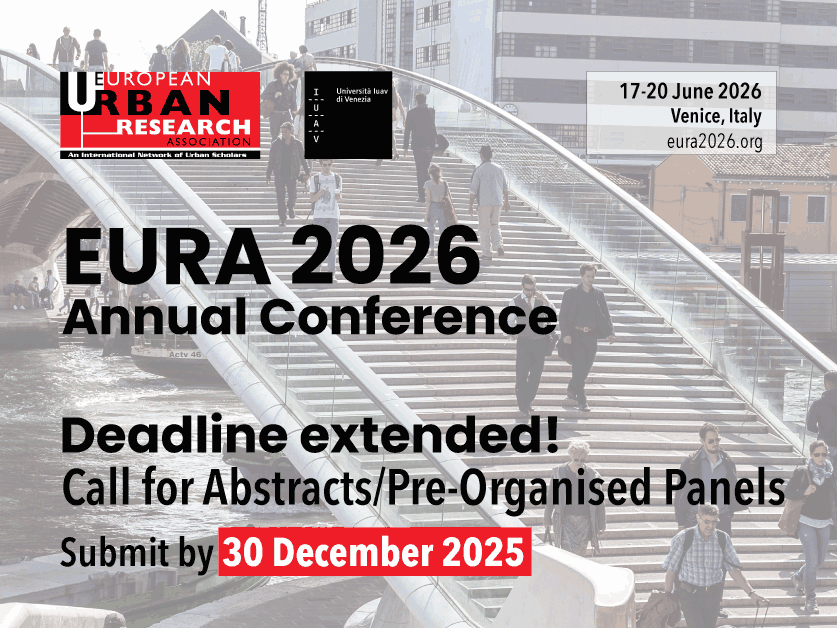Post-Doc Fellowship (12 Months) at CESNOVA, Centre for Sociological Studies of the Universidade Nova de Lisboa
27/02/2013Call for papers – International Conference on The Role of Europe’s Industry in the 21st Century
17/05/2013Shrinking Cities in Europe
September 12th to 13th 2013
Zeche Zollverein, Essen, Germany
The conference ‚Cities Regrowing Smaller‘ is dealing with one of the main challenges of contemporary urban development in many industrialized countries. At the beginning of the 21st century, the shrinking cities phenomenon is widespread in Europe and worldwide. In the affected areas, several causes for population loss can be traced, such as demographic change, outmigration, structural changes in the economy, and suburbanization. These phenomena lead to an urban decline of sometimes severe extent and cause massive problems to the cities. To deal with the results of demographic, economic and physical contraction processes and to plan for the future of considerably smaller but nevertheless livable cities accordingly is one of the most challenging tasks in the near future. The conference thus will bring together experts from different arenas to share their knowledge on the shrinking cities process and to discuss possible approaches to deal with shrinkage. Since both, the extent of shrinkage as well as the local responses, can differ considerably from one city to another, case study reports will provide insights into different cities’ management of the situation.
The conference will last for 2 days with several plenary sessions and discussions, organized by the different partners. At the same time, it marks the conclusion of the 4 year EU COST Action ‘Cities Regrowing Smaller’ (CIRES). The conference will be organized and financed by CIRES with contributions from the OECD Local Economic and Employment Development Program (LEED) and the Bertelsmann Foundation. Location of the conference is the Zeche Zollverein in Essen (Germany), an old coal mine that has undergone a regeneration process and is well known across Germany and Europe as a landmark for structural change in a shrinking environment.
Information on the EU COST Action CIRES
From 2009 to 2013 the EU COST Action ‘Cities Regrowing Smaller’ (CIRES) has brought together researchers from 26 European Countries (plus Australia) to exchange scientific knowledge on the manifold causes and outcomes of shrinkage and to foster knowledge on regeneration strategies in shrinking cities across Europe. Significant benefits of the COST CIRES Action are numerous publications that contribute to a common framework of terminology, a data base on shrinking cities in Europe, as well as maps illustrating the process of shrinkage, and case studies on exemplary cities and regeneration strategies. All this contributes to a shared understanding of an increasingly shared though complex path of urban development in Europe.





